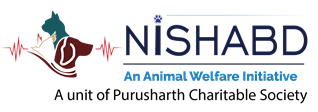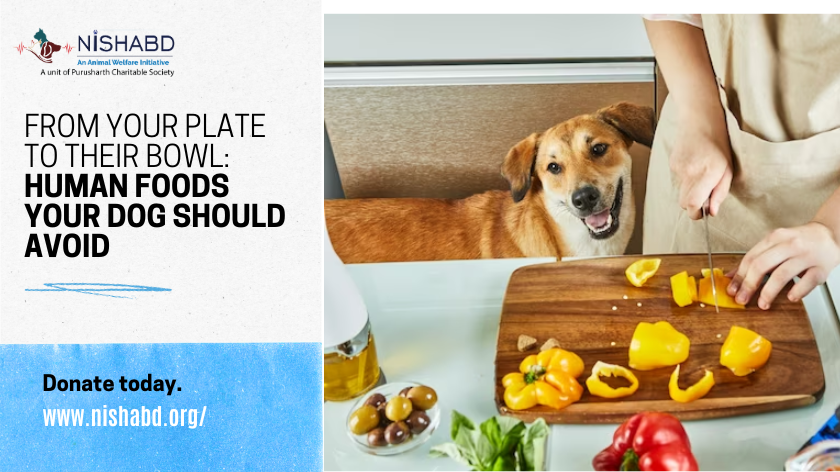From Your Plate to Their Bowl: Human Foods Your Dog Should Avoid
Our canine companions are known for their hearty appetites and seemingly endless curiosity, but not everything we humans enjoy is suitable for dogs. While sharing food with your furry friend can be tempting, it’s essential to be aware of certain human foods’ dangers to dogs. This guide will help you navigate the culinary do’s and don’ts of your dog’s diet.
The No-Go List: Foods to Keep Away from Your Dog
- Chocolate: As delicious as it is, chocolate contains theobromine, a toxic substance to dogs. It can lead to serious health issues or even be fatal.
“Chocolate is a no-go for dogs – it can be dangerous, even in small amounts.” – Dr. Rachel Williams, Veterinary Nutritionist - Grapes and Raisins: These seemingly innocent fruits can cause kidney failure in dogs. Even a tiny amount can be problematic.
“Grapes and raisins can be a silent threat. Be sure to keep these away from your pets.” – Dr Amanda Johnson, Veterinarian - Onions and Garlic: These ingredients, whether fresh, powdered, or cooked, can damage a dog’s red blood cells and lead to anemia.
“The Allium family, which includes onions and garlic, is a definite ‘no’ for your dog’s meal.” – Dr Emma Rodriguez, Canine Nutritionist
Surprising Foods to Watch Out For
- Avocado: While not usually considered harmful, avocados contain a substance called persin, which can be toxic to dogs. It’s best to avoid giving your dog avocados.
“Avocados may be trendy in human diets, but they’re not the right choice for your dog.” – Dr. Richard Parker, Animal Nutritionist - Xylitol: This sugar substitute is commonly used in sugar-free gum and other products. It can lead to insulin release and a sudden drop in blood sugar[1], which can be life-threatening for dogs.
“Xylitol is a hidden danger. Check labels carefully if you share any food with your pet.” – Dr Emily White, Canine Health Expert
Common Spices That Can Spell Trouble
- Salt: Large amounts can lead to sodium ion poisoning in dogs. Keep salty snacks like chips or pretzels out of their reach.
“Dogs have a much lower tolerance for salt than we do. So, keep those salty treats away.” – Dr. Robert Harris, Veterinary Nutrition Specialist - Nutmeg: A pinch of Nutmeg may make your baked goods delicious, but it can lead to stomach upsets or, in more significant amounts, severe neurological problems in dogs.
“Nutmeg is a spice best left out of your dog’s diet. The effects can be quite distressing.” – Dr. Linda Mitchell, Veterinary Nutritionist
Healthy Alternatives for Your Dog
- Carrots: These crunchy veggies are an excellent source of vitamins and minerals; most dogs enjoy the taste. They’re also a great way to clean your dog’s teeth.
“Carrots are like nature’s toothbrush for dogs, and they’re tasty too!” – Sarah Adams, Certified Dog Nutritionist - Apples: Apples are a nutritious snack that can help improve your dog’s dental health. Just be sure to remove the seeds and core, as they contain cyanide, which harms dogs.
“An apple a day can keep the vet away – provided you remove those seeds!” – Dr. Michael Turner, Canine Nutrition Specialist
The Power of Responsible Feeding
Feeding your dog the right foods is vital for their health and well-being. While we often consider our pets part of the family, it’s important to remember that they have different dietary needs. Just as you wouldn’t feed your dog a steady dog food diet, you should be cautious about sharing human food. Always consult your vet if you need clarification on what’s safe for your furry friend.
“A healthy, balanced diet is the foundation of your dog’s overall well-being. It’s an act of love and care that every pet parent should embrace.” – Dr Amanda Hernandez, Veterinary Nutritionist
Being cautious about what you feed your dog shows them love and care. While sharing your meals with your furry friend is tempting, their well-being depends on a diet tailored to their needs. By keeping them away from harmful human foods, you ensure that they lead a long, happy, and healthy life by your side.
Read our Article: Wholesome Dog Cookies: Benefits, How to Choose, and Nutritional Facts

